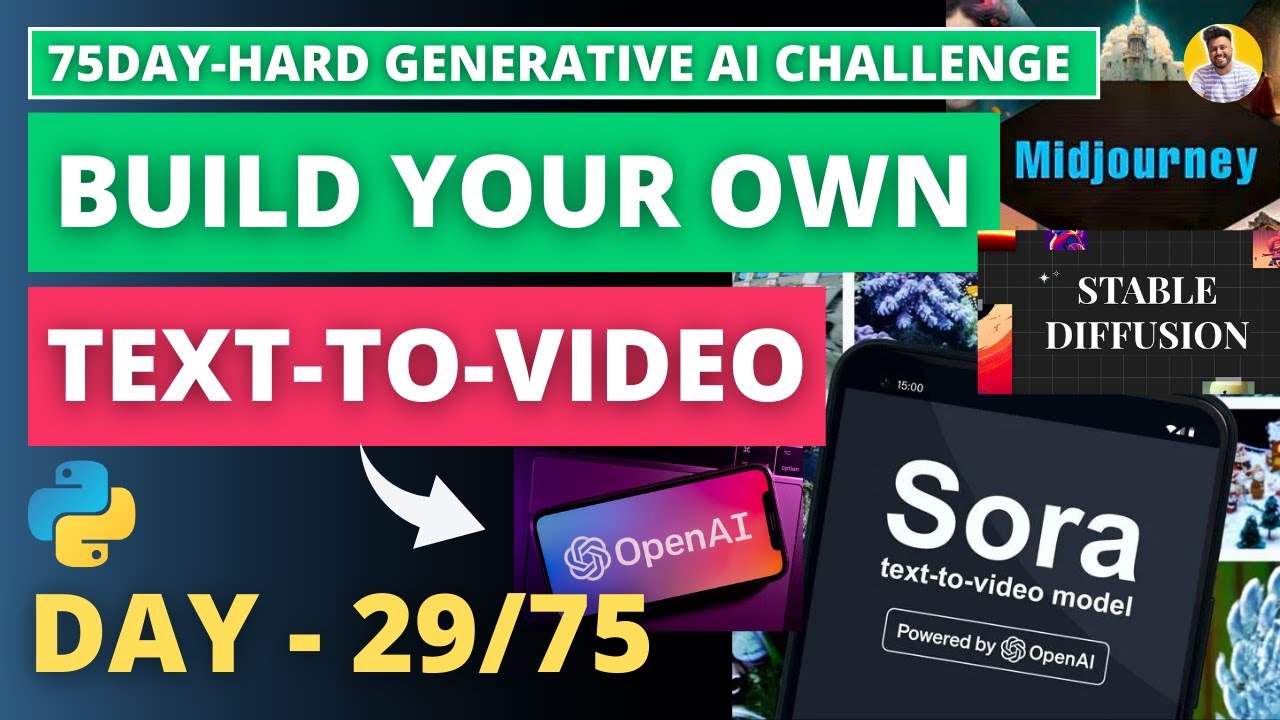Distributed Systems in One Lesson by Tim Berglund
Summary
TLDRこのビデオは、分散システムの構築における諸問題と、それらを解決するためのオープンソースプロジェクトについて説明しています。ストレージ、コンピューティング、メッセージングの3つの側面からアプローチし、単一システムと比較して、分散システムではどのような課題が生じるかを詳しく解説しています。Cassandra、Spark、Kafkaなどのオープンソースプロジェクトが、それぞれの領域でどのように問題を克服しているかを紹介しています。分散システムの構築は困難を伴いますが、このビデオはユーモアを交えながら、明快で実践的な洞察を提供しています。
Takeaways
- 🔑 分散システムでは、単一のコンピューターシステムよりも多くの問題が発生する。ストレージ、コンピューティング、メッセージングの3つの側面でそれぞれ異なる課題がある。
- 📚 単一のマスターリレーショナルデータベースでは、スケーリングの問題に対処するために一貫性やデータモデルを犠牲にする必要がある。一方、Cassandraのようなスケーラブルなノンリレーショナルデータベースは、最初から分散システムを前提としている。
- 🧮 分散コンピューティングでは、MapReduceやSparkなどのフレームワークが用いられる。Sparkの方がMapReduceよりも開発者フレンドリーである。
- 💬 メッセージングシステムは、マイクロサービス間の疎結合を可能にする。ApacheKafkaは分散メッセージブローカーで、パーティショニングによりスケーリングが可能になる。
- 🌐 分散システムでは、一貫性と可用性とパーティション耐性の3つの特性のうち、2つしか同時に達成できない(CAP定理)。
- 🔄 分散システムでは、問題を解決すると別の問題が発生することがある。たとえば、データの複製によって一貫性の問題が生じる。
- 🌉 メッセージバスを徹底的に活用することで、アーキテクチャそのものが変わる可能性がある。サービスはイベントをそのままストリームとして処理できる。
- ⚖️ 単一サーバーでは簡単に実現できる機能(一貫性の保証、メッセージの順序保証など)を、分散システムでは実現するのが難しい。
- 🔩 分散システムでは、スケーリングのためにシャーディングを行うと、結合ができなくなるなどデータモデルに制約が生じる。
- ✨ 分散システムの構築は大変だが、Apacheのようなオープンソースプロジェクトがその課題を解決するのに役立つ。
Q & A
分散システムとは何ですか?
-分散システムとは、複数のコンピューターが1つのコンピューターとして振る舞うシステムのことです。分散システムには、多数のコンピューターから構成され、並行動作し、独立してシステムの一部が故障する可能性があるという3つの特徴があります。
分散システムを構築する際の主な課題は何ですか?
-分散システムを構築する際の主な課題は、データの保存、計算の分散、メッセージングの3つです。単一のシステムではこれらは比較的簡単に行えますが、分散環境下では非常に難しくなります。それぞれの分野で異なる問題が生じ、トレードオフの選択を強いられます。
データの保存における主な課題と対処方法は?
-主な課題は一貫性とスケーラビリティのトレードオフです。読み取り用レプリカを追加して一貫性を犠牲にする、シャーディングでスケーラビリティを確保しデータモデルを破棄する、などの対処が必要になります。キーバリューストアのCassandraは、一貫性レベルを調整できるなどの対処方法を提供しています。
分散計算の場合はどうですか?
-MapReduceはHadoopでよく使われていましたが、プログラミングモデルが非常に複雑でした。SparkはMapReduceよりも開発者フレンドリで、ストリーム処理にも対応しています。Kafkaはイベントストリームをベースにしたストリーミングのためのプラットフォームで、分散計算にも使えます。
分散メッセージングではどのような問題が発生しますか?
-単一サーバーのメッセージキューでは、メッセージの順序性や一度だけの配信が保証されますが、スケーラビリティと冗長性に欠けます。ApacheKafkaは分散メッセージブローカーで、パーティションとレプリケーションによりスケーラビリティと冗長性を実現しますが、グローバルな順序性は失われます。
分散システムを構築する際の一般的なアプローチは?
-一般的には、単一システムから徐々にコンポーネントを分散化し、必要に応じてトレードオフを選択しながらシステムを拡張していきます。ストレージ、コンピュート、メッセージングの各層で異なる分散ソリューションを採用し、マイクロサービスのようなアーキテクチャへと移行することが多くなっています。
マイクロサービスアーキテクチャにおけるメッセージングの役割は?
-メッセージングは、マイクロサービス間の疎結合な通信を実現する上で重要な役割を果たします。Kafkaなどのメッセージングプラットフォームにより、サービス間の依存関係を排除し、個別のデプロイと拡張が可能になります。また、イベントドリブンなアーキテクチャの実現にも役立ちます。
分散システムを構築する上での一般的なアドバイスは?
-分散システムには避けられない問題がつきものですが、単一システムを徐々に分散化していく過程で、トレードオフを注意深く検討し、適切なソリューションを選択することが重要です。オープンソースのツールやプラットフォームを上手く活用し、柔軟に対応することをお勧めします。
分散システムのCAPセオリームについて説明してください。
-CAPセオリームは、分散システムにおいて一貫性(Consistency)、可用性(Availability)、分割耐性(Partition Tolerance)の3つを同時に満たすことはできないことを示しています。ネットワーク分割が発生した場合、一貫性と可用性のどちらかを選択する必要があります。システム設計の際にこのトレードオフを意識することが重要です。
分散システムにおけるコンシステンシーについてもう少し詳しく説明してください。
-コンシステンシーとは、データの整合性を指します。単一システムの場合は常に書き込んだデータを読み取れますが、分散環境では複製によりデータの不整合が発生する可能性があります。Cassandraなどでは、読み取り/書き込み時のレプリカ数を調整することで、コンシステンシーのレベルをコントロールできます。最終的な一貫性と可用性のトレードオフが避けられません。
Outlines

This section is available to paid users only. Please upgrade to access this part.
Upgrade NowMindmap

This section is available to paid users only. Please upgrade to access this part.
Upgrade NowKeywords

This section is available to paid users only. Please upgrade to access this part.
Upgrade NowHighlights

This section is available to paid users only. Please upgrade to access this part.
Upgrade NowTranscripts

This section is available to paid users only. Please upgrade to access this part.
Upgrade NowBrowse More Related Video

【マネジメントの幻想を捨てろ】会議を機能させられないマネージャーの特徴/気のあう上司はこの世に存在しない/麻野耕司も実践するMBTI診断のトリセツの共有【MANAGEMENT SKILL SET】

【新番組】EXITりんたろー。と国山ハセンが資産運用をプロから本気で学ぶ/3000億円運用のプロ投資家がお金の熱血授業/コカコーラの株価は何故下がらないのか?(MONEY SKILL SET)

DC Automation Robotic Physical Manipulation

Day 29/75 Build Text-to-Video AI with LLM [Explained] OpenAI SORA Stable Diffusion VideoPoet Runway

【VUCA時代の必須スキル】問題発見力を鍛える方法

Determinism in the AI Tech Stack (LLMs): Temperature, Seeds, and Tools
5.0 / 5 (0 votes)
